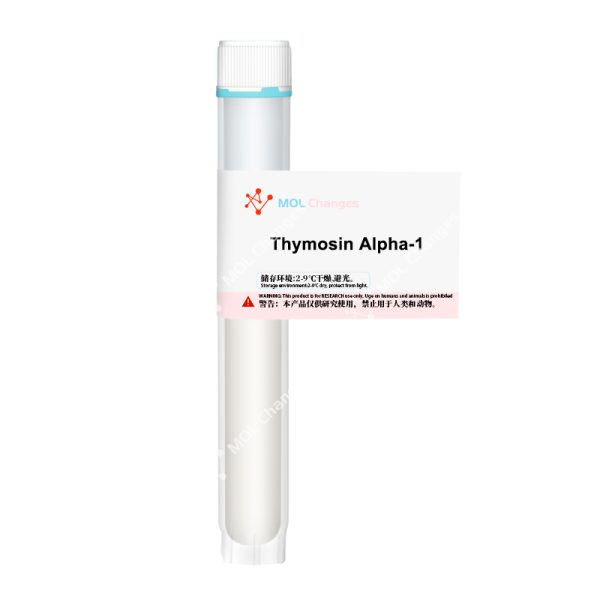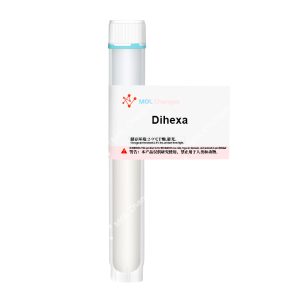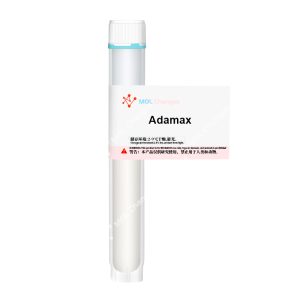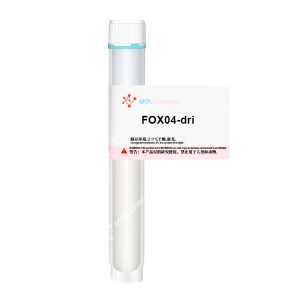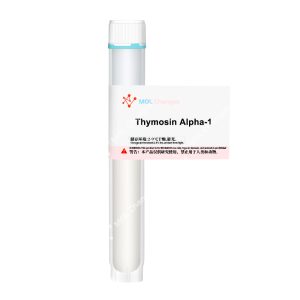Thymosin alpha 1 (TA-1) is a naturally occurring 28-amino acid peptide synthesized within the thymus. Serving as an endogenous immunomodulator, it enhances T cell-mediated immune responses; the specific mechanisms involve differentiation and maturation of T cell progenitor cells, activation of dendritic cells and natural killer cells, along with various forms of cytokine-mediated inflammation.
Since its discovery, comprehensive recognition of Thymosin alpha 1’s immune-enhancing properties has been established.
序列
Ac-Ser-Asp-Ala-Ala-Val-Asp-Thr-Ser-Ser-Glu-Ile-Thr-Thr-Lys-Asp-Leu-Lys-Glu-Lys-Lys-Glu-Val-Val-Glu-Glu-Ala-Glu-Asn
化学文摘社编号
62304-98-7
分子式
C129H215N33O55
分子量
3108.28
Research Of Thymosin Alpha-1
1.Immunomodulatory Mechanisms and Functions
As a pleiotropic immunomodulatory molecule, the primary pharmacological action of thymosin alpha-1 is the restoration and enhancement of immune function – immunodeficiency being a key state it aims to correct.
Acting as an agonist for Toll-like receptor (TLR) 9 and TLR-2 in dendritic cells (professional antigen-presenting cells), Thymosin alpha 1 stimulates adaptive immune responses; viral, bacterial, fungal infections and cancer are all potential targets of these responses.
Humoral immunity is also augmented. Elevating levels of multiple cytokines (IL-2, IL-10, IL-12, IFNs being prime examples) is another well-documented effect.
Stimulating T cell-dependent antibody production is the reason often given for its adjuvant properties.
Broad spectrum biological activities, antitumor among them, are currently being investigated.
2.Clinical Applications and Therapeutic Potential
(1)Treatment of Viral Infections
Clinical trials have evaluated the safety and efficacy of thymosin alpha 1 in chronic hepatitis B(HBV) patients. Promotion of viral clearance and restoration of liver function follows from a specific T-cell response against HBV.
Combination therapy with pegylated interferon is effective in hepatitis C; thymosin itself or in conjunction with interferon, remains a viable treatment option.
Direct-acting antivirals have relegated thymosin out of first-line treatment, but the immune-enhancing effects of thymosin alpha 1 continue to be clinically relevant.
(2)Inhibiting Tumor Growth
Multiple studies have indicated promising applications for thymosin alpha-1 in patients with metastatic melanoma, head and neck cancer, lung cancer, breast cancer, and hepatocellular carcinoma.
Used as an adjunctive therapy, it addresses chemotherapy-induced immunosuppression, primary immunodeficiency, and various forms of immunosuppressive states.
Combining thymosin alpha-1 with either chemotherapy or radiotherapy has shown improved survival rates; non-small cell lung cancer (the vast majority of all lung cancers) being a prime example, poor chemosensitivity being one of the key challenges in this disease.
(3)Treatment of Sepsis
Thymosin alpha-1 is employed in the treatment of the immunosuppressive phase of sepsis.
Restoring both the number and function of lymphocytes – T cells being the focal point – is expected to reverse the state of immune paralysis.
Clearing the initial infection, reducing subsequent secondary infections, and improving prognosis are demonstrable benefits of this therapy.
Clinical studies have supported promising applications, alone or in combination with other drugs.
(4)As a Vaccine Adjuvant
A vaccine adjuvant is where thymosin alpha-1 shows some of its most consistent and valuable effects.
Strong cellular immune responses are essential for prevention or treatment of many diseases; tuberculosis, AIDS, and therapeutic cancer vaccines being notable examples.
Influenza vaccines (especially for the elderly) are currently being studied using this adjuvant, with positive clinical results.
(5)Combination Therapy for HIV with Other Medications
Combining thymosin alpha-1 with interferon-α1 and zidovudine enhances immune function.
CD4+ counts increase, viral load decreases and the clinical status of HIV patients is improved.
Long-term administration of high-dose thymosin alpha-1 represents an important immunomodulatory approach.
Thymosin alpha-1 remains a truly pleiotropic immunomodulator with substantial therapeutic potential.
COA
高效液相色谱法
MS




